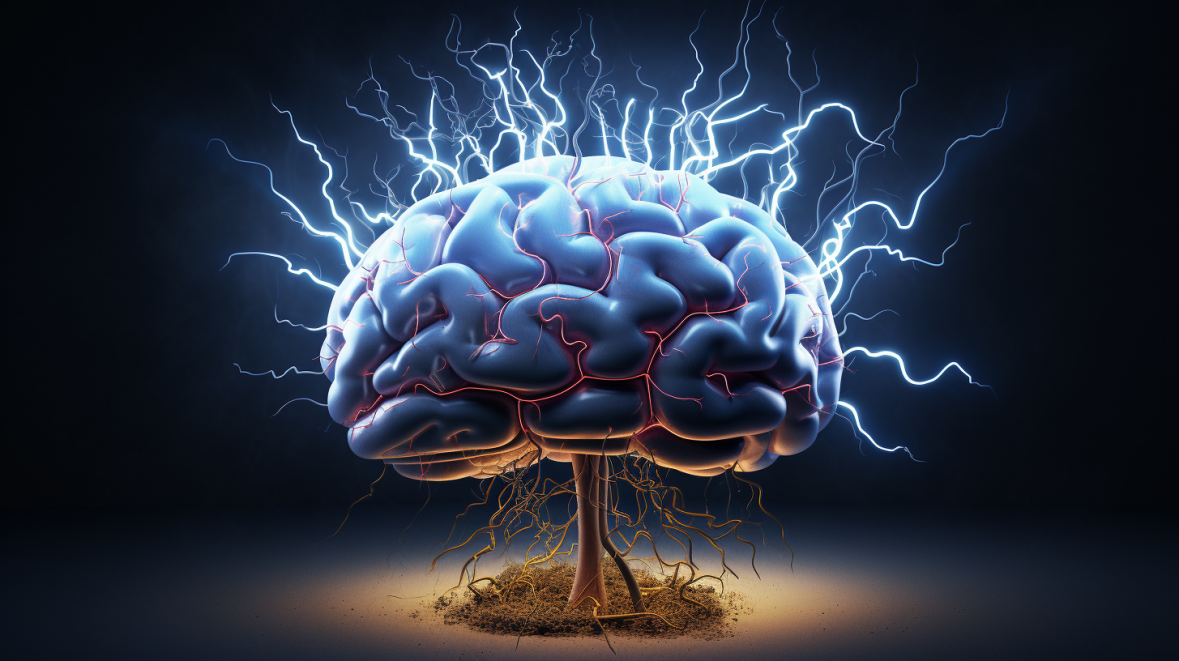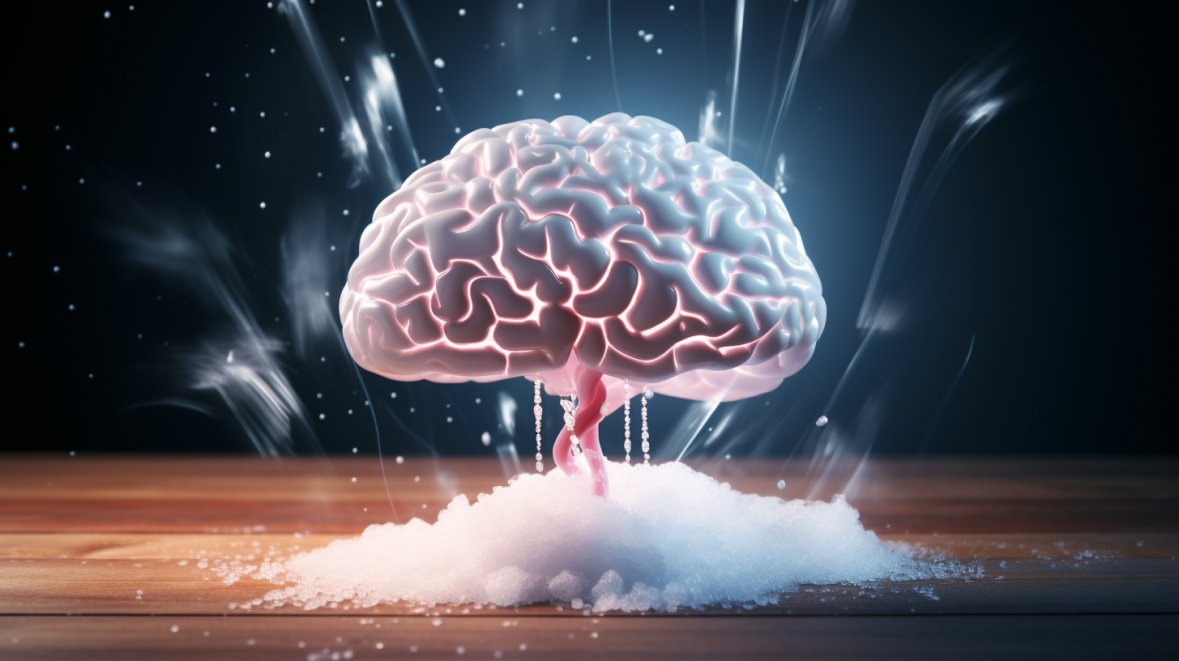CGRP Antibodies & Migraine Prevention: Targeting Calcitonin Gene-Related Peptide
A new network meta-analysis published in Frontiers in Pharmacology provides important insights into the relative efficacy and safety of monoclonal antibodies targeting calcitonin gene-related peptide (CGRP) for migraine prevention. This comprehensive analysis compares four CGRP monoclonal antibodies – eptinezumab, erenumab, fremanezumab, and galcanezumab – and sheds light on which ones are most effective for reducing …










